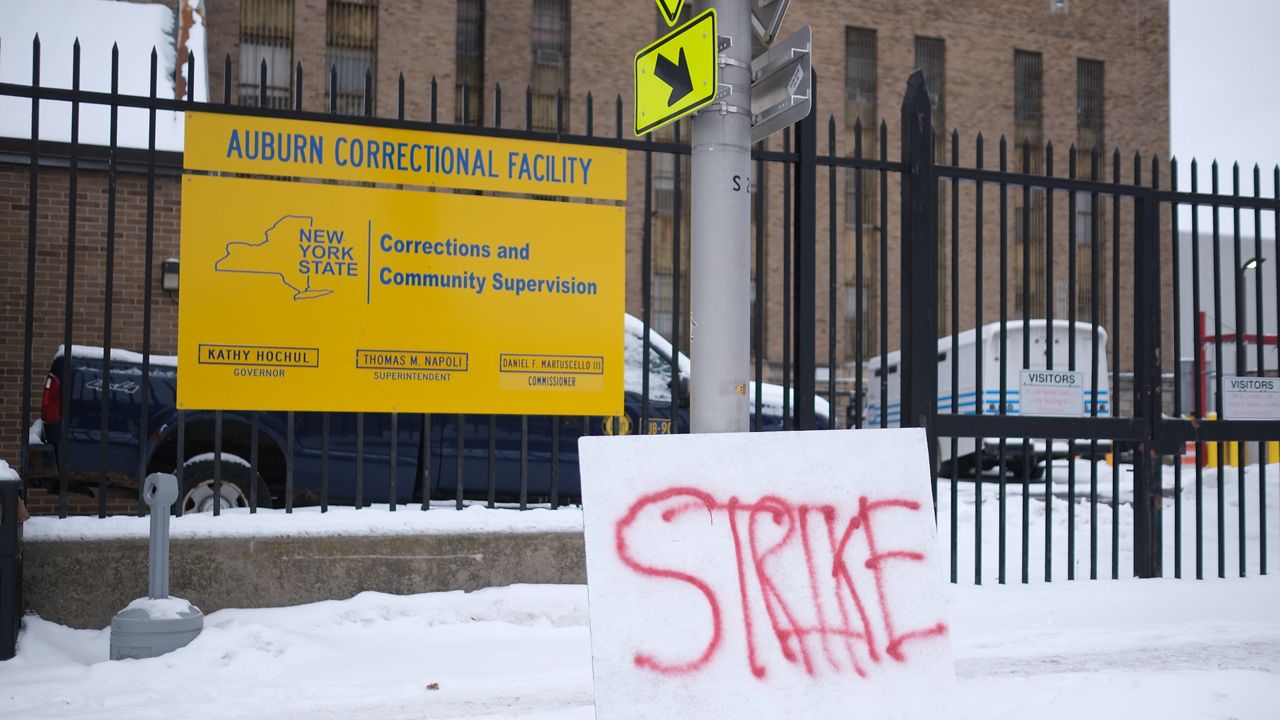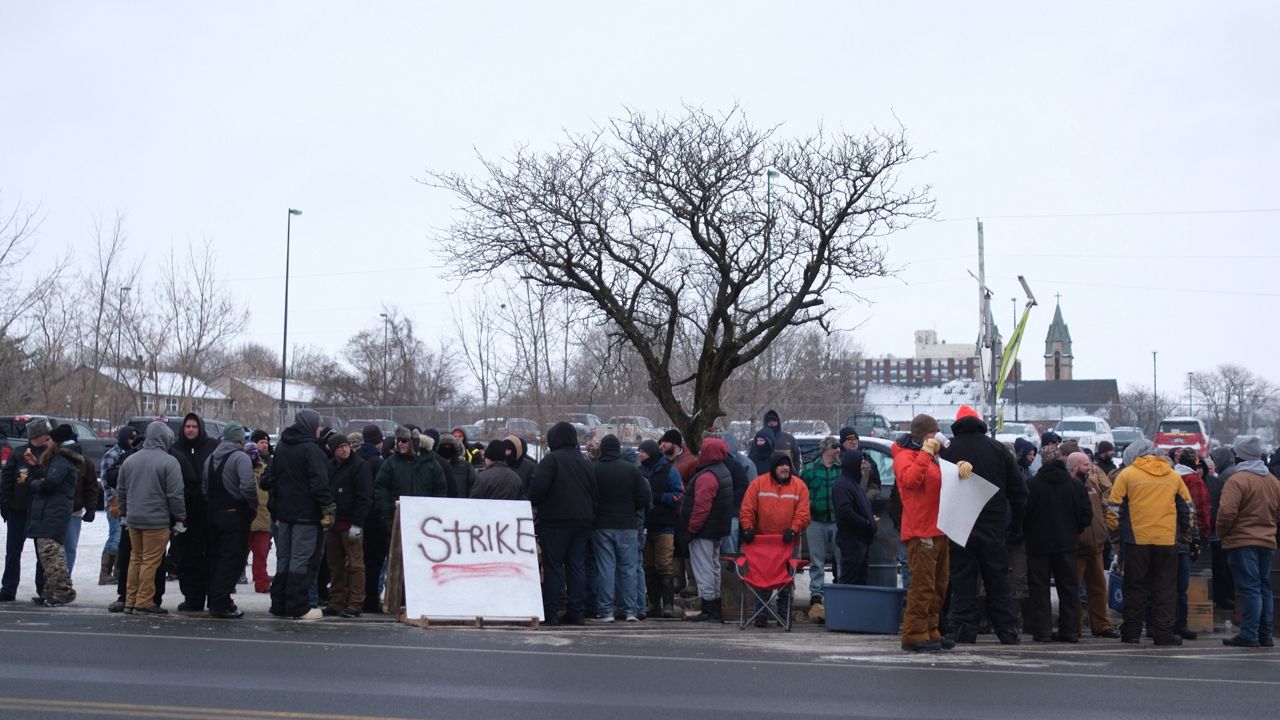As budget negotiations continue behind closed doors, advocates are rallying in hopes they can still push their priority investments across the finish line.
One of those is the NY HEAT Act. The bill is intended to limit costs to customers as New York state transitions away from natural gas, while protecting them from predatory practices.
“We want our heat to be reliable and certainly, we want to grow jobs,” said Assembly Member Pat Fahy, who sponsors the bill in the Assembly.
Fahy is calling on Gov. Kathy Hochul and legislative leaders to include the full HEAT Act in the final enacted state budget.
The Senate passed the bill and put it in its budget counter proposal while Hochul’s Executive Budget includes what is known as the 100-foot rule.
Hochul omitted a section that places a 6% cap on rates for low-to-moderate income New Yorkers.
That removal of 100-foot rule would eliminate a requirement that utility companies supply gas to any customer that wants it with the cost falling on ratepayers if they are within 100 feet of an existing line. Fahy pointed to its inclusion in the Executive Budget as a victory.
“The ratepayers underwrite that gas infrastructure to the tune of an estimate of $200 million,” Fahy said.
Instead, she argued that time and effort should go toward establishing new clean energy methods when it comes to both new construction and maintenance of existing structures. She stressed that the state is currently on “autopilot,” and eliminating the 100-foot rule would provide the opportunity to expand the use of those alternatives, while the 6% cap would help make the transition more affordable.
“We have to repeatedly replace the gas pipes that are usually in the ground for about 20 years, so where it's affordable, where it’s reliable to move to more renewable energy sources,” she said.
Republican lawmakers have been critical of the bill.
State Senator Tom O’Mara says Republicans are “fully on board” with New York leading in clean energy, but says he worries that the bill gives NYSERDA and the Public Service Commission too much power in overseeing utility regulations while questioning how the 6% cap would impact New Yorkers above the threshold.
“I think everything should be coming back to the state Legislature for ratification, approval of what decisions are going to be made by the Public Service Commission,” he said.
Fahy attributed the role of Public Service Commission to the unprecedented nature of the transition, but stressed she intends for the bill to be flexible and would be open to further legislative input if the situation requires.
O’Mara also expressed concern about the impact removing the 100-foot rule would have on jobs in New York state.
“That is going to put a lot of workers out of work that are in the industry,” he said.
Fahy disagreed, arguing that in the end, the transition away from natural gas will create jobs.
“Anyone who knows my track record, they know I’m all about creating jobs, and we see this as growing jobs dramatically,” she said. “Instead of gas pipelines, we want to do more geothermal pipes in the ground.”
The issue is impacting conversations around reelection bids for several lawmakers who are facing challenges from candidates who are positioning themselves as a more progressive choice.
Jonathan Soto, who is challenging Assembly Member Michael Benedetto in the 82nd District, criticized Benedetto for what he characterized as a lack of support for the bills.
“We have an affordability crisis in the Bronx and across New York, but our representative in the state Assembly is letting wealthy gas companies take advantage of working people. We need lawmakers willing to challenge the status quo and fight for families struggling to pay their bills. If the NY HEAT Act doesn’t pass, and we are forced to spend another year paying $50/month rate hikes to the same gas companies who pollute the air our children breathe, we can blame Assembly Member Michael Benedetto. I call on him to co-sponsor the NY Heat Act.”
In response, Benedetto indicated he can see a path to offering his support.
“Representing a coastal district, I have always been a proud supporter of the environment and why I am pleased to enjoy the support of many green groups,” he said. “My colleagues have been working in good faith with advocates of the bill to address the concerns of labor and a possible increase in utility costs. These concerns are legitimate but not insurmountable and I trust my fellow Assembly Members to work toward a proper agreement on this bill and when they do, I’ll be very likely to support it.”







)

